-
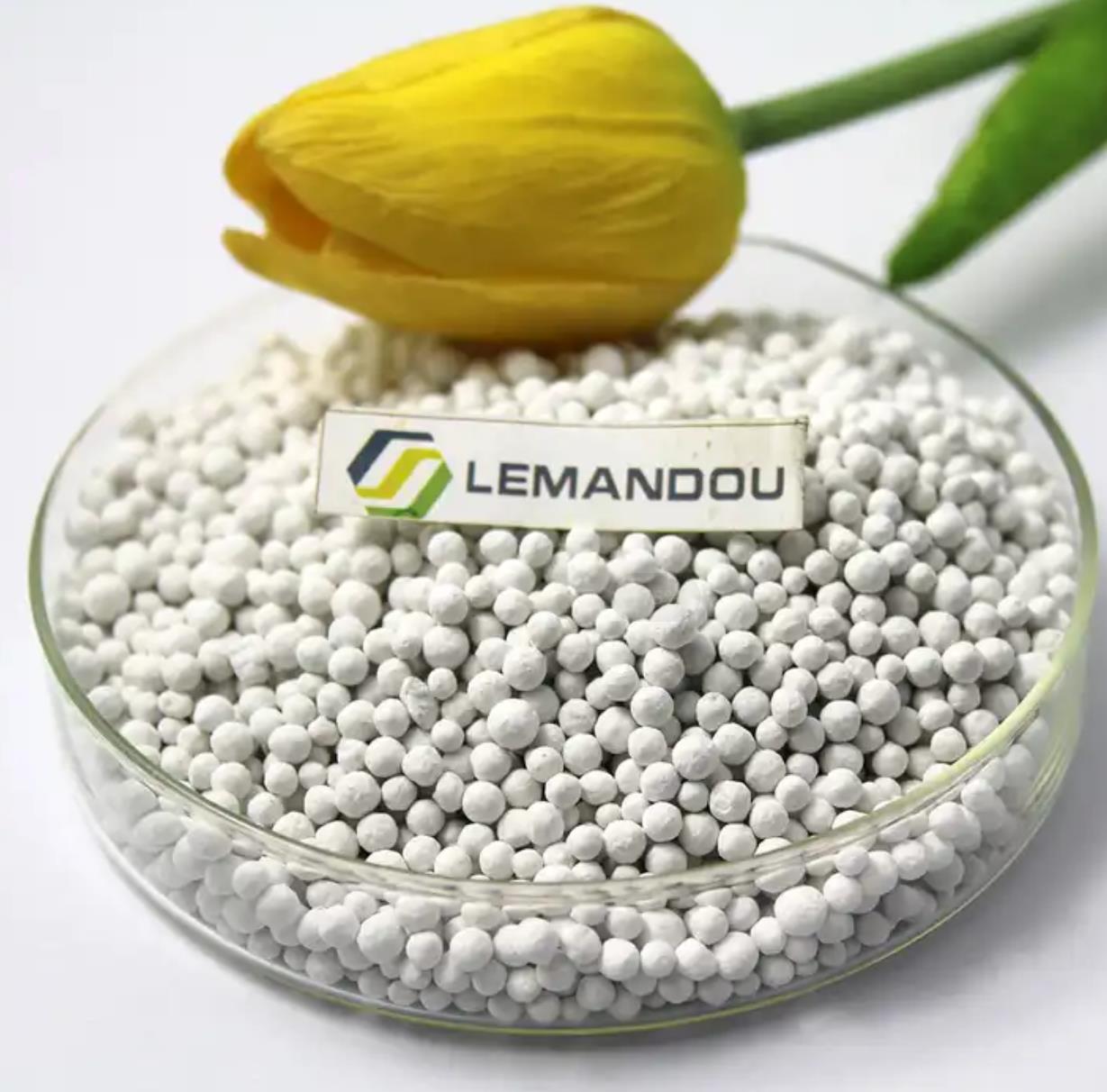
What are the differences between sulfur compound fertilizer and chlorine compound fertilizer?
The composition is different: the sulfur compound fertilizer contains low chlorine content, the national standard is less than 3%, and contains a lot of sulfur element, which can effectively improve the soil sulfur deficiency symptoms, while the chlorine-based compound fertilizer contains a lot o...Read more -

Do you know potassium dihydrogen phosphate? What is the dosage and contraindications?
Potassium dihydrogen phosphate is also a high-concentration, high-quality chlorine-free potassium fertilizer with extremely low salt value and high nutrient content. It is suitable for use on a variety of crops. It not only promotes fruit expansion, color change, and crop metabolism, but also imp...Read more -
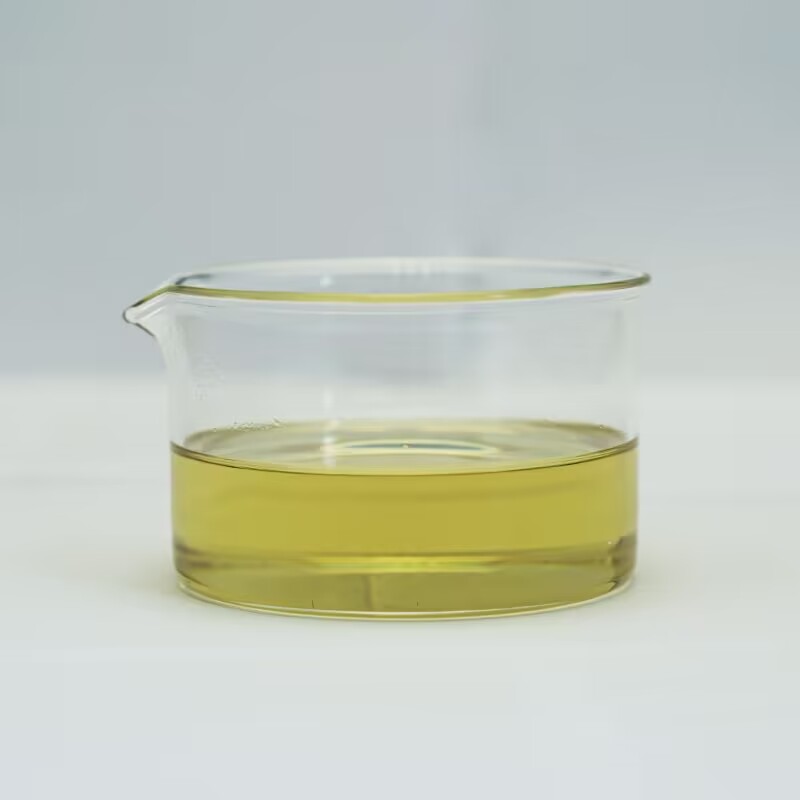
glyphosate
yphosate is a non-selective, non-residue herbicide that is very effective against perennial root weeds and is widely used in rubber, mulberry, tea, orchards and sugarcane fields. Phosphate synthase, thereby inhibiting the conversion of herbidine into phenylalanine, tyrosine and tryptophan, interf...Read more -

The advantage of Seaweed fertilizer
Seaweed fertilizer refers to a fertilizer made from large seaweeds grown in the ocean, which are processed to extract the effective components through chemical, physical, or biological methods. It is applied to plants as a nutrient to promote plant growth, increase yield, and improve the quality ...Read more -
 The Role and Diverse Applications of Boric Acid Boric acid, also known as hydrogen borate or boracic acid, is a versatile compound with a wide array of applications across numerous industries and domains. Its unique properties and chemical characteristics make it an integral component in agricult...Read more
The Role and Diverse Applications of Boric Acid Boric acid, also known as hydrogen borate or boracic acid, is a versatile compound with a wide array of applications across numerous industries and domains. Its unique properties and chemical characteristics make it an integral component in agricult...Read more -
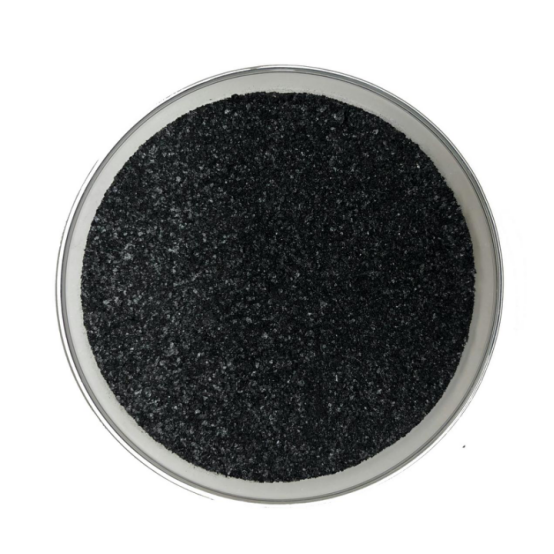
How to identify the authenticity of mineral potassium fulvic acid
Today I will tell you about a very popular fertilizer on the market – potassium fulvic acid from mineral sources. Note that it is not ordinary biochemical potassium fulvic acid. As we all know, potassium fulvic acid is very helpful in improving soil quality, assisting crop growth, and impro...Read more -
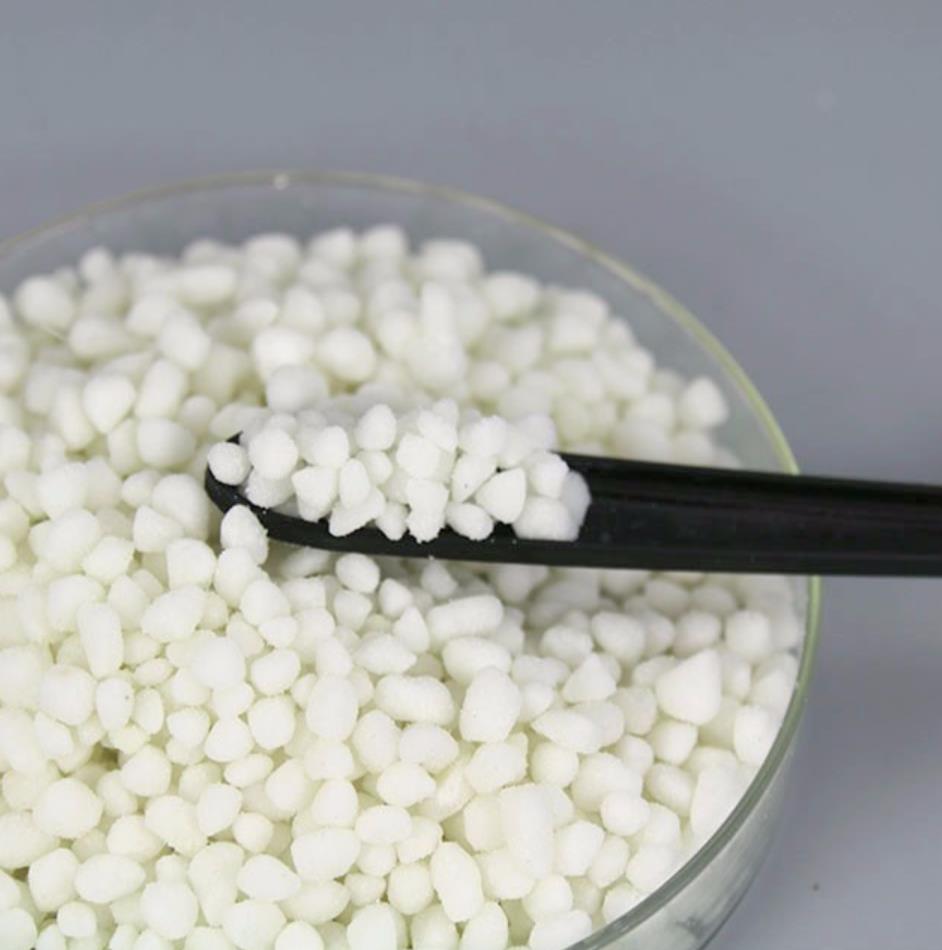
Large, medium and trace elements in fertilizers
Large, medium and trace elements in fertilizers, large elements refer to nitrogen, phosphorus and potassium, medium elements refer to calcium, magnesium and sulfur, and trace elements refer to iron, manganese, zinc, copper, molybdenum, boron and chlorine. First, distinguish from the content: 1, t...Read more -

China Factory Wholesale Plant Growth Hormone Gibberellic Acid Agrochemical GA3
Gibberellic Acid (GA3) is a high-efficiency broad-spectrum plant growth regulator, which can promote crop growth and development, mature earlier, improve quality and yield. It can quickly break the dormancy of organs of seeds, tubers and bulbs, promote germination, reduce the shedding of buds, fl...Read more -

Avermectins, the Chinese name of Avermectins
Avermectins, the Chinese name of Avermectins, is a 16-membered macrolide compound with insecticidal, acaricidal and nematicidal activities first developed by Satoshi Omura of Kitasato University in Japan and Merck of the United States. It is produced by Streptomyces Produced by fermentation of St...Read more -
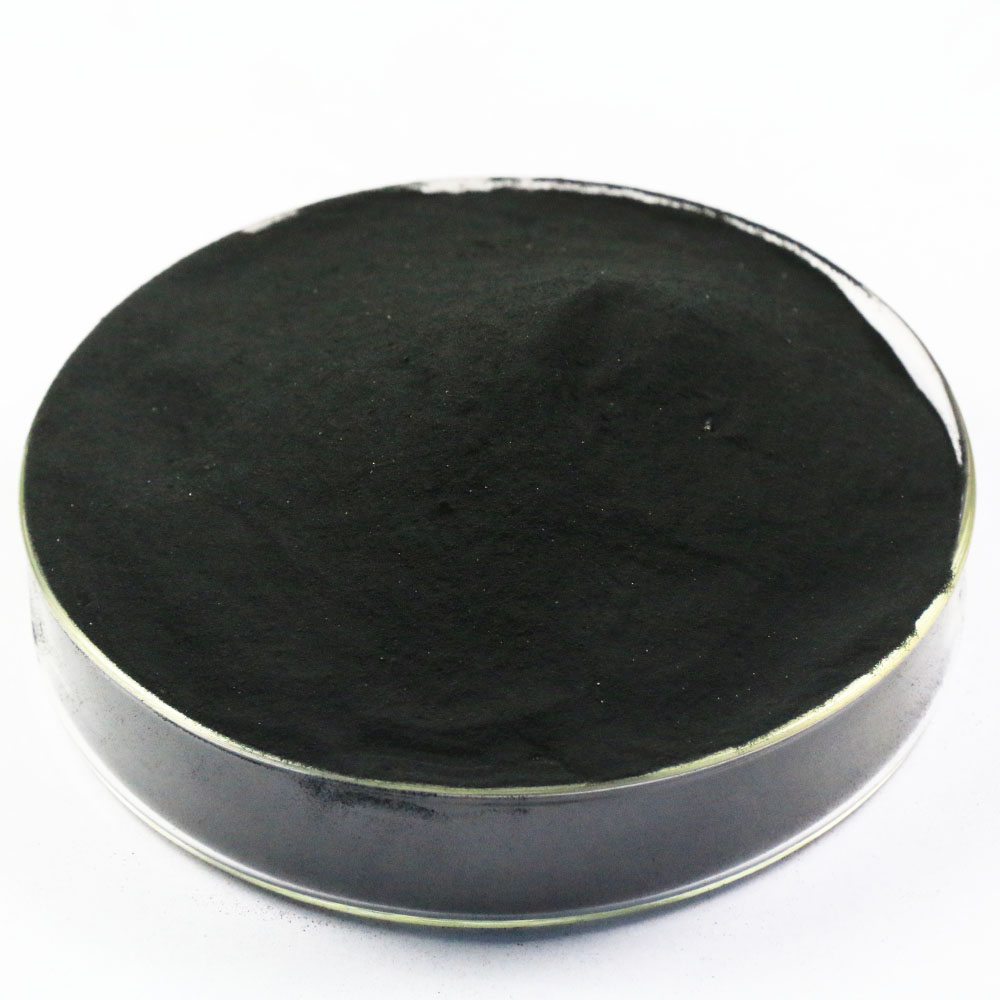
Potassium humate efficacy
Builds a stronger root system by increasing root respiration and root formation. Increases the Cation Exchange Capacity of the soil and facilitates nutrient absorption, Improve the soil structure,increase fertilizer efficiency, stimulate plant growth, enhance resistance of plants . Improves aera...Read more -
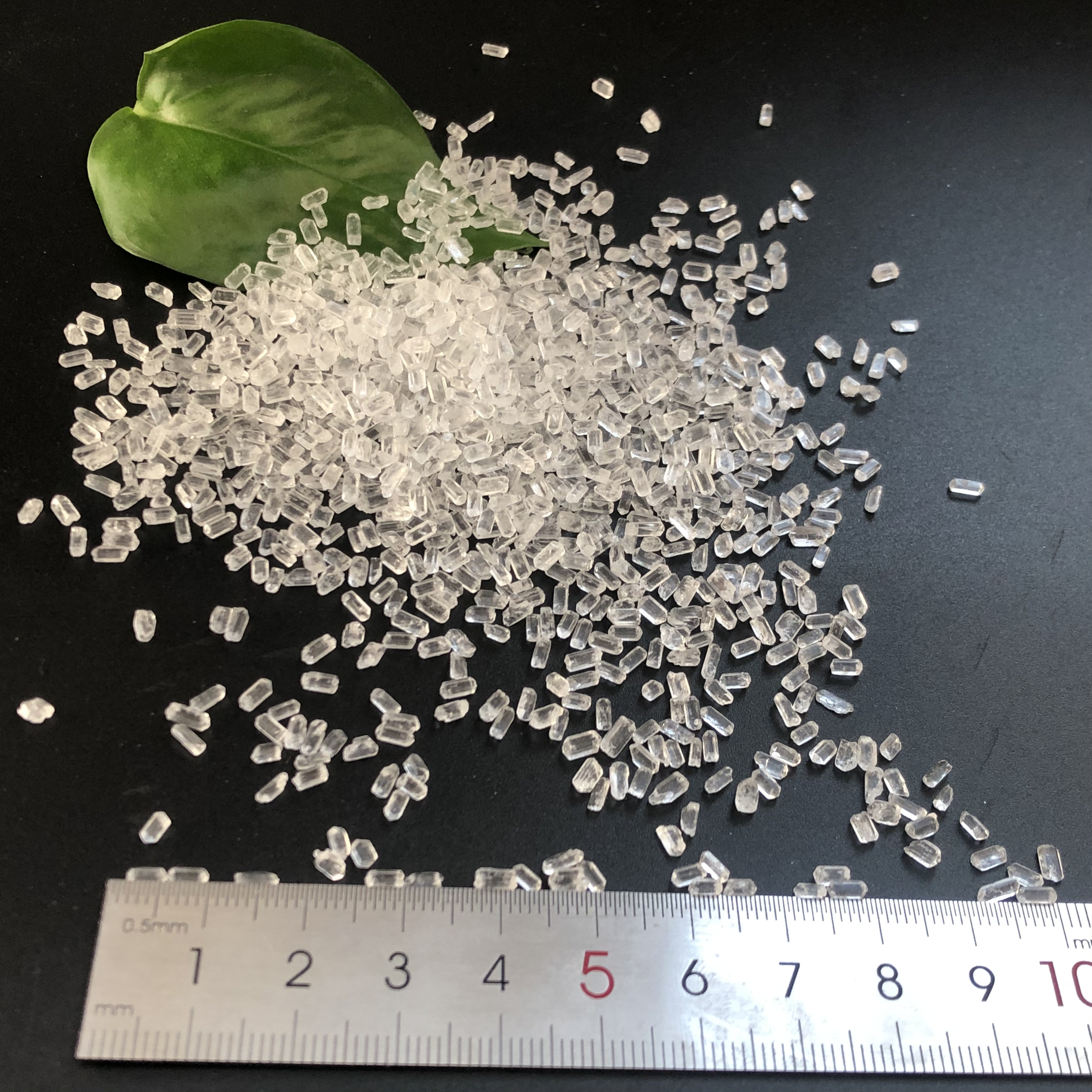
The role of magnesium sulfate fertilizer
The role of magnesium sulfate fertilizer, commonly known as Epsom salt, is pivotal in promoting healthy plant growth and enhancing soil conditions. Magnesium sulfate is a vital source of magnesium and sulfur for plants, and its application brings about various benefits in agriculture and horticul...Read more -
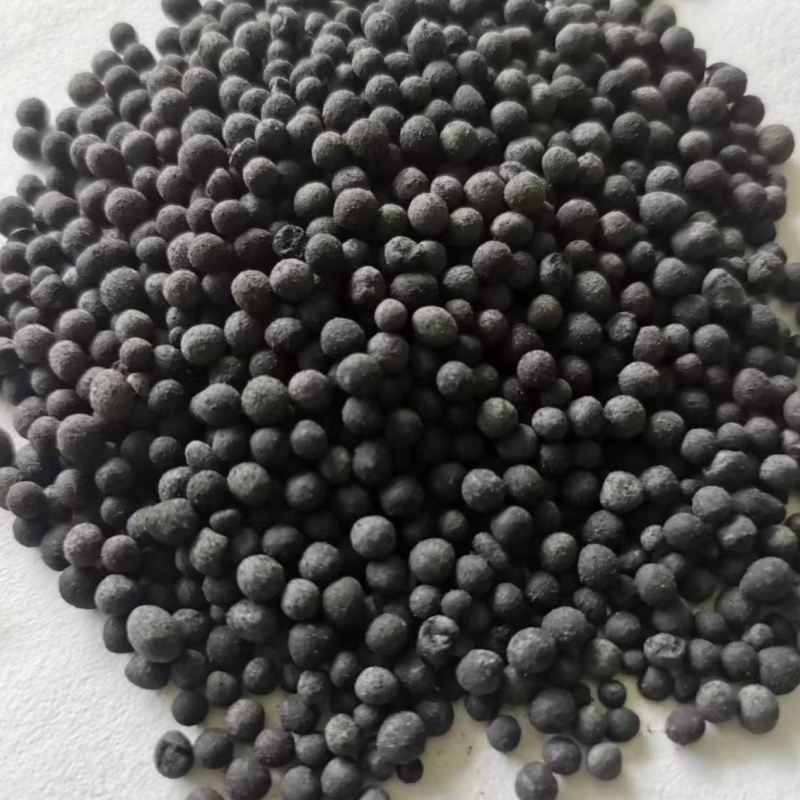
Seaweed organic granular fertilizer offers several benefits for plants and the environment
Rich in nutrients: Seaweed is naturally rich in essential plant nutrients such as nitrogen, phosphorus, and potassium, along with trace elements like iron, magnesium, and zinc. These nutrients are easily absorbed by plants, promoting healthy growth and development.Improved soil structure: Seaweed...Read more





